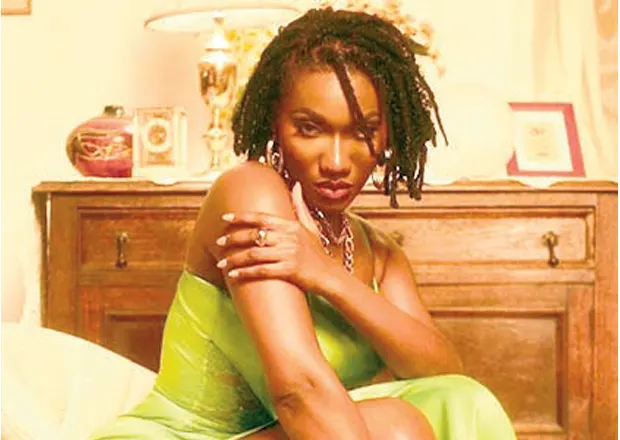Wendy Shay
The Supreme Court has dismissed a case challenging the U.S. Food and Drug Administration's (FDA) ban on celebrities advertising alcohol products in the country through any medium.
The court, presided over by Chief Justice Gertrude Turkounou, ruled by a majority of 5-2 that the FDA's ban was not unjustified and did not violate Articles 17(1) and 2 of the 1992 Constitution.
The court found the entire lawsuit unsuccessful and dismissed the case. The full ruling is expected to be announced on June 21, 2024.
Mark Osae, manager of Regi & Bolly and Screwphase, filed the lawsuit challenging a 2015 FDA decision aimed at preventing celebrities from influencing underage alcoholism.
FDA regulations state that “celebrities and experts may not be used in advertising alcoholic beverages.”
He argued that the FDA's ban on celebrities advertising alcoholic beverages discriminated against the creative arts industry and took away a source of income.
Osae was represented by Bobby Banson and the FDA was represented by Justin Ameneworu.
On Wednesday, January 17, the seven-member tribunal, presided over by Chief Justice Gertrude Turkounou, adjourned the case until April 10, 2024.
Mark Osae, in his writ filed on November 11, 2022, argues that the FDA regulations are contrary to and in violation of Sections 17(1) and 17(2) of the 1992 Constitution.
He argued that Articles 17(1) and 17(2) of the 1992 Constitution guarantee equality before the law and prohibit discrimination on grounds such as social or economic status, occupation, etc., and therefore the FDA regulations are invalid and unenforceable.
He therefore sought a declaration that based on a true and proper interpretation of Articles 17(1) and (2) which guarantee equality before the law and prohibit discrimination of people on grounds of social or economic status, occupation etc., Guideline 3.2.10 of the Food Advertising Guidelines issued by the 1st Defendant on 1st February 2016 which provides that “celebrities or experts shall not be used in the advertisement of alcoholic beverages” is discriminatory and in violation of Articles 17(1) and 17(2) of the 1992 Constitution.
He also sought a declaration that based on a true and proper interpretation of Section 17(1) and (2) of Guideline 3.2.10 of the Food Advertising Guidelines issued by the 1st Defendant on February 1, 2016 (prohibiting advertising of alcoholic beverages by celebrities and experts), it is inconsistent with and in violation of Sections 17(1) and (2) of the 1992 Constitution which guarantees equality before the law and prohibits discrimination on grounds such as social or economic status, occupation etc, and is therefore invalid and unenforceable.
In his writ petition, Nagae sought an injunction from the Supreme Court stating that Guideline 3.2.10 of the FDA's food advertising guidelines issued on February 1, 2016, should be set aside as it is contrary to and in violation of the letter and spirit of the 1992 Constitution.
He also sought a permanent injunction restraining the defendants, FDA and the Attorney General’s Office, their agents, servants and assigns, from taking any action to prevent celebrities and experts from advertising alcoholic products, on the premise that they are acting under guideline 3.2.10 of the Food Advertising Guidelines issued by the FDA on February 1, 2016.
Wendy Shay, Shatta Wale, Brother Sammy, Kuami Eugene, Kamido and others are among the celebrities who have spoken out against the law and called on those in power to repeal it.
Gibril Abdul Razak

